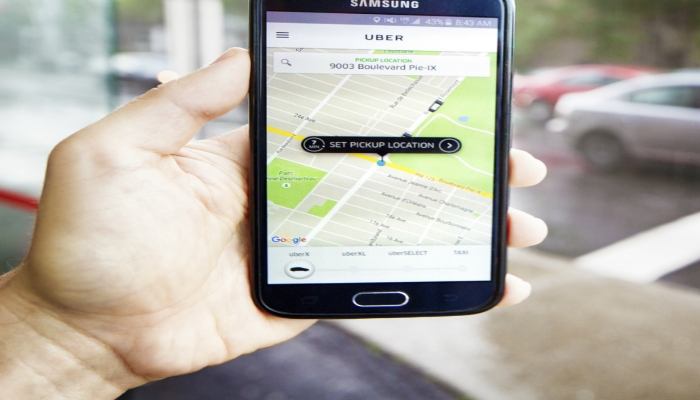
Uber drivers challenge sham contracting
In another move aimed at stemming the tide of precarious employment, Uber drivers have gone to the Fair Work Ombudsman, claiming the companies labour practices amount to sham contracting.
Representatives for the drivers say that they are being underpaid and denied entitlements because they are being classified as contractors when they are really employees.
RideShare Drivers United (RSDU), one of the drivers’ representative organisations, says that Uber is acting in breach of workplace laws in treating the drivers as contractors when in fact they have no say over pricing and other important business decisions that an independent contractor would be able to make.
“Uber classify drivers as self-employed,” an RSDU spokesperson said, “just so they can avoid paying fair work entitlements, underpay workers and flood the streets with drivers.”
“The workforce is cheap when you don’t have to pay fair work entitlements.”
The case will be an important test of a business model that has successfully ridden the wave of smartphone take-up over the last decade.
The “digitally disruptive” businesses of which Uber is only one example were initially hailed as a “win-win” for consumers and workers alike. Now they are increasingly being seen as the modern equivalent of the unregulated factories of the early industrial revolution.










